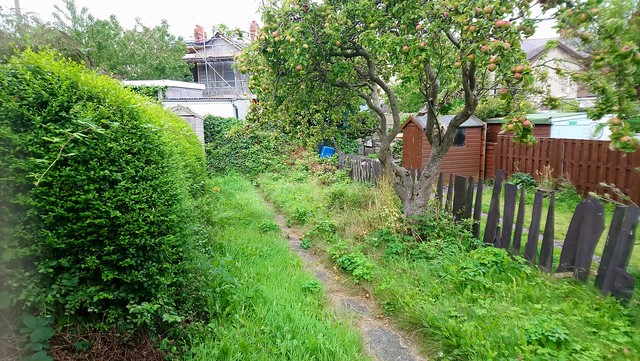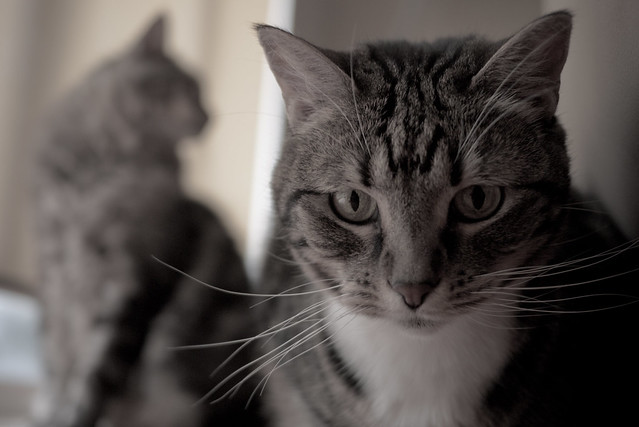Podcast: Play in new window | Download
Today we are looking at the word hedge [hɛdʒ].
Definition:
- a row of bushes or small trees planted close together, especially when forming a fence or boundary
[source]
It comes from the Middle English word hegge [hɛd͡ʒ] (hedge, bush, shrub), from the Old English heċġ [hed͡ʒ] (fence), from the Proto-West-Germanic *haggju (hedge), from the Proto-Germanic *hagjō [ˈxɑɣ.jɔ] (hedge), from the PIE *kagʰyóm (enclosure, hedge) [source].
The English words quay (as in a stone wharf) and haw (as in hawthorn, and an old word hedge) come from the same root, as does the Welsh word cae [kaːɨ̯/kai̯] (field, pitch), the Cornish word ke (hedge, fence), and the Breton word kae (hedge) [source].
Other words from the same root include the French haie [ɛ] (hedge, obstacle, hurdle, fence), which was borrowed from Frankish, and words for hedge in Germanic languages, including Hecke [ˈhɛkʰə] in German and heg [ɦɛx] in Dutch [source].
Here’s a video I made of this information:
Video made with Doodly – an easy-to-use animated video creator [affiliate link].
I also write about etymology, and other language-related topics, on the Omniglot Blog.
You can also listen to this podcast on: Apple Podcasts, Stitcher, TuneIn, Podchaser, PlayerFM or podtail.
If you would like to support this podcast, you can make a donation via PayPal or Patreon, or contribute to Omniglot in other ways.









